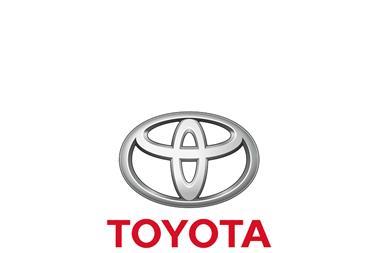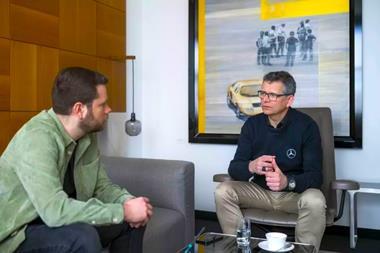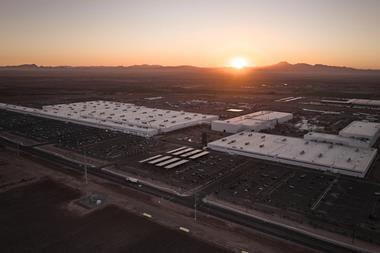VW and Toyota suspend Tianjin plants as local Covid lockdown measures hit production outlook
By Jason Dunn2022-01-17T16:59:00
Volkswagen Group in China has announced that it will be closing a plant in the city of Tianjin, as well as a component factory, following resurgent Covid-19 cases in the coastal city.
VW, who jointly runs the plant with China’s FAW Group, has said that it is prioritising the safety of its employees but hopes to resume production once the outbreak is under control.
The company also said that both plants had conducted Covid-19 testing for all employees.
Tianjin, in northern China, around 100km from the capital Beijing, reported 41 domestically transmitted infections with confirmed symptoms on Wednesday, the National Health Commission reports. Tianjin recorded a total of 256 confirmed cases as of Wednesday.







































